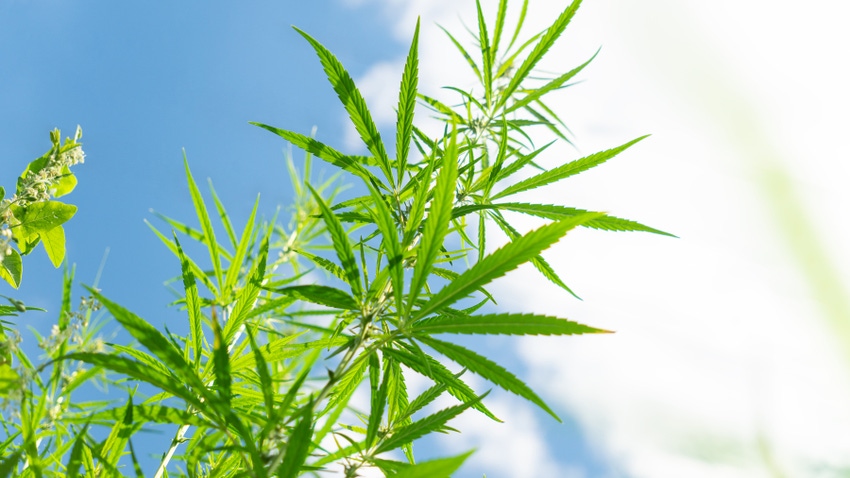
Kansas hemp production has reached some growing pains, one might say.
On Dec. 20, the Kansas Department of Agriculture’s Industrial Hemp Advisory Board, made up of seven members appointed by Kansas Gov. Laura Kelly, met via Zoom for an update on the 2023 crop.
Kansas is one of 42 states with a state hemp program and has been licensing for industrial hemp production and processing since 2019. Braden Hoch, plant protection and weed control area supervisor for the Kansas Department of Agriculture, led the meeting and shared some of the statistics that KDA has gathered since 2020.
In 2019, the state of Kansas issued 213 industrial hemp grower licenses, and that number grew to 218 licenses in 2020. But that number has dropped to 40 grower licenses in 2023.
“The large portion of those who did grow hemp grew hemp for either fiber, grain or seed purposes,” Hoch explained.
Just seven licensees were growing CBD or floral-type hemp.
Part of this constriction of growers might be due in part to the limited number of processor licenses that are found in the state. Currently, there are six CBD or chemical hemp processors and two fiber processors in Kansas as of September 2023, Hoch said.
He added that another fiber processor is located in the Prairie Band Potawatomi Nation, but the tribe is self-regulated within its borders.
It’s not just the number of growers that has decreased since the big boom of 2019-20. Planted acreage is down as well. According to KDA, growers planted only 814 acres of hemp in 2023, down from the high of 3,968 acres planted in 2020, and an 18% decrease in acreage planted from 2022.
USDA Farm Service Agency data shows that Kansas accounts for about 5% of the planted hemp acreage in the U.S.
Hemp was planted in 20 counties, with 15 counties harvesting, Hoch added. The majority of failed acres were attributed to problems with poor emergence and germination, weed pressure, and other production issues such as exposure to pesticides.
Fiber production
There has been continued interest in growing hemp in Kansas for fiber and grain production, with 71% of the planted acres in 2023 destined for fiber, Hoch said. USDA also accounts for any tribal acreage that’s planted, and it shows that including tribal acreage, 83% of hemp in Kansas was planted to fiber types.
This is a sharp change from 2019 and 2020, where upward of 90% of the acreage licensed in Kansas was planted to CBD or floral-type hemp.
When you look at the nationwide trends, Hoch said, 2019 was the peak of hemp acreage plantings, reaching 146,000 acres. In the four years since, there has been a sharp decline, with national planted acres down to only 22,900 acres.
Hoch attributed that drastic swing to the extreme initial interest in CBD or floral-type hemp, but then markets were unsustainable, and growers dropped out of that segment. Some of those growers have switched to growing fiber-type hemp, and that seems to be the trend going forward, he added.
“USDA reported this year about 50% of all planted hemp has been for the fiber type, and that’s an 11% increase since the previous year, and it’s trending upward,” Hoch said.
KDA is accepting 2024 industrial hemp producer license applications postmarked by March 15. Learn more at agriculture.ks.gov/industrialhemp.
About the Author(s)
You May Also Like






